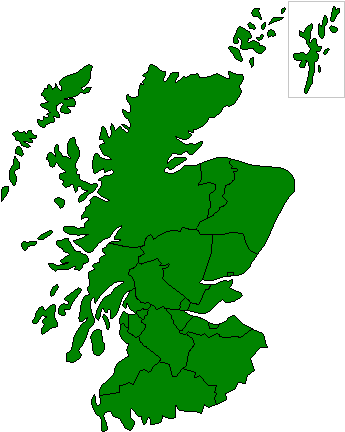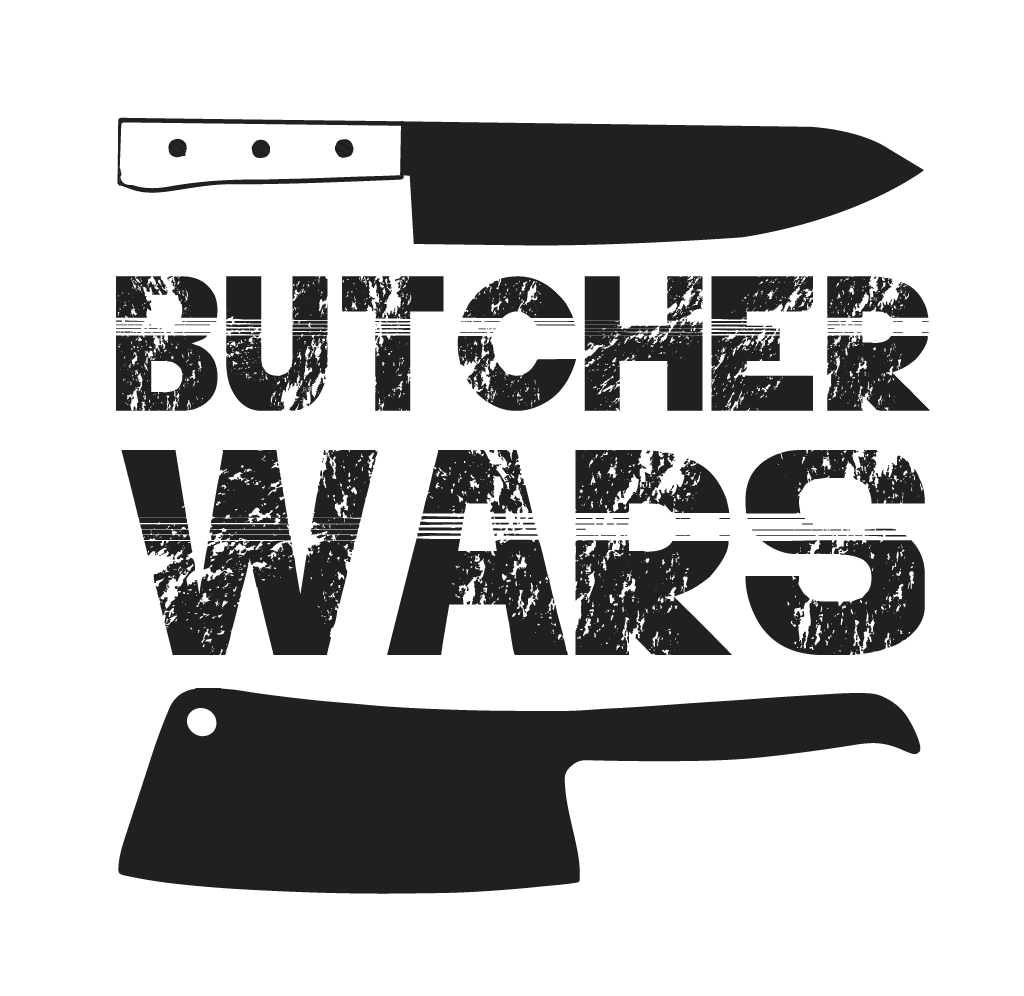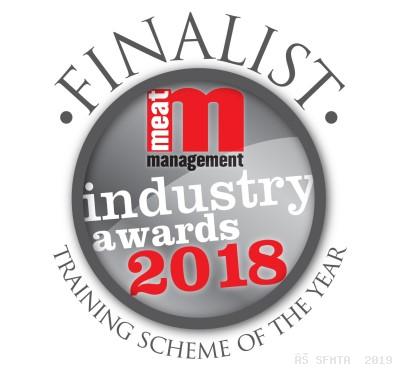ABATTOIR OPERATIVES ( Please note this is not a job advert )
Abattoir operatives work in abattoirs, preparing animal carcasses before they are passed on to butchers and meat process workers.
Meat is easily damaged and contaminated, so abattoir operatives must work on the carcasses immediately after the animals have been killed. They must work accurately and efficiently to avoid any unnecessary waste of meat.
The work varies according to the type of abattoir, but generally may include:
* moving carcasses without damaging or contaminating the meat
* removing some of the inedible parts of the carcass
* breaking up and boning carcasses.
High standards of cleanliness are essential. There are very strict rules concerning tasks, such as dealing with, storing and disposing of waste products. Operatives use machinery and sharp blades.
Abattoir operatives usually work around 37 or 40 hours a week, over normal working hours, Monday to Friday. Part-time work and overtime may be available. The work is done indoors, but working conditions are cold and wet. Operatives have to lift, carry heavy weights and stand for long periods.
An abattoir operative should:
* not be squeamish about dealing with dead animals and waste products
* be physically fit and strong enough to lift and carry heavy weights
* be able to understand and follow health and safety and food hygiene regulations
* be able to work accurately and efficiently
* be able to work as part of a team.
There are abattoirs throughout the UK. The number of abattoirs has declined significantly, however abattoirs now are far larger in size and handle greater numbers of livestock than in the past.
There are no minimum qualifications to become an abattoir operative. Apprenticeships may be available. People may enter this work at any age.
Most training is done on the job. Anyone working on food preparation must hold a food hygiene certificate and training for this is provided. Operatives may also work towards a range of qualifications, such as SVQs and those offered by the Scottish Qualifications Authority.
Promotion to team leader or supervisor is possible with training and experience. To become a slaughterman/woman, operatives need further appropriate training and to be registered.
views: 4,344
_0203.png)









_2082_1403.jpg)

